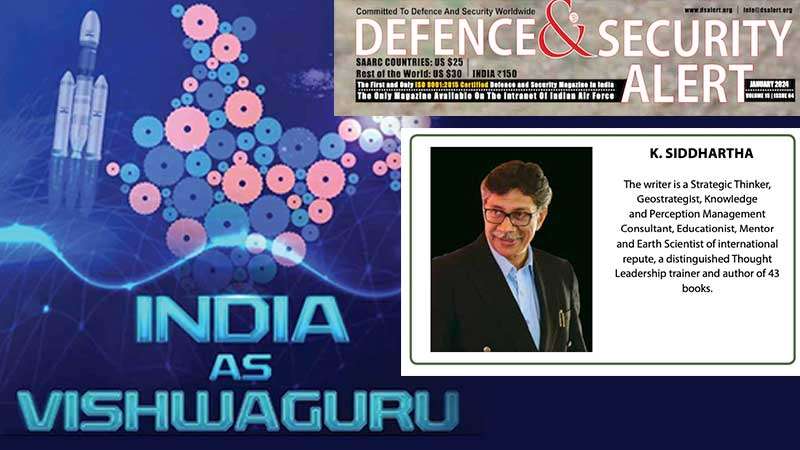India shifts to a Vishwa Guru approach, emphasizing soft power, cultural inclusivity, and sustainability. The analysis covers governance, nature, economics, and cultural values, highlighting the contrast with superpower strategies. With a diverse background, it suggests India’s potential transformative role in shaping global dynamics uniquely.
Indeed, India isn’t a superpower in the same mould as the USA. Also, Bharat is not even the Vishwa Guru that it fantasies itself to be.
But Bharat knows where the world is headed and what is in store for the rest of the world if the world continues as it is going now.
Toynbee predicted: “At the close of this century, the world would be dominated by the West, but that in the 21st century, ‘India will conquer her conquerors’.”
He says, “It is already becoming clear that a chapter with a Western Indian ending if it is not to end in the self-destruction of the human race. At this difficult moment in history, humanity’s only way of salvation is the Indian way.
It will be India’s model of Vishwa Guru, not a Western model of superpower, that will shape the world.
In a period when India (Bharat) has started asserting its identity culturally, financially, and politically, it has set itself out to redefine and decolonize various concepts, words, and themes.
In pursuance of it, it coined different words and their meanings, potentially transforming the world.
One such slogan has been
… One World, One Community, One Future.
Another one has been
… One Sun, One World, One Grid.
While they may have limited impacts, India has been conveying the civilisational values and their meaning through Vasudhaiv Kutumkam and Vishwa Guru.
The paradigms they touch convey a notion of different world orders and geopolitical settings, unleashing its soft power potential in India as Vishwa Guru.
Read More:
Post Views: 40

